Breadcrumbs
Demonstration initiatives
These initiatives will provide tangible examples of the social investment approach. They will enable commissioners to test new outcomes-based agreements, data sharing approaches and protocols, and impact analysis and reporting, before scaling these approaches from August 2025.
The three initiatives are:
He Piringa Whare – Te Tihi o Ruahine
An alliance of nine hapū, iwi and Māori organisations and providers supporting over 130 families at a time with warmth, creativity, and determination – delivering a wraparound service that support whānau aspirations for – stable housing, education, training and employment, and many others beside.
This investment is testing a wraparound family support service that empowers families to overcome a range of challenges to achieve their goals and enables them to play an active part in developing local family wellbeing initiatives. It will also help reshape how local public services are delivered so that they work better for all families.
Early years support – Autism New Zealand
Early identification and support for whānau and educators to understand the needs of autistic children and children showing signs of autism. The programme will provide support for around 200 (or 50 per year) children. Whānau receive intensive support with workshops, home visits and coaching to learn ways to support their child. Educators and other professionals in the child’s education setting are also provided training and support. There is on-going support from age two for at home and in Early Childhood Education, including transition to school and building life skills.
This investment will test evaluation of cutting-edge identification and support services for families of young children showing early signs of autism. If successful, this initiative could change the support for hundreds of families.
Multi-Systemic Therapy for youth – Ka Puta Ka Ora Emerge Aotearoa
Multi-Systemic Therapy (MST) is an evidence-based, family driven intervention focused on reducing a young person’s anti-social or problematic behaviour. The behaviours addressed might include truancy, substance use, criminal offending, or violence at home or in the community. MST Therapists work with families, several times each week for 12-20 weeks. Support can be delivered in people’s homes, at their school or in community spaces. Outside of the Therapists visits, the service ensures someone from the team is available on call 24 hours a day, seven days a week.
Multi Systemic Therapy aims to:
- create long term sustainable changes to improve family relationships
- decrease a young person’s alcohol or other substance use
- improve a young person’s education, job or training opportunities
- involve youth in positive activities
- address offending behaviour and reduce the risk of youth entering the justice system
This investment will test robust evaluation of the impact of youth and family support scheme (multi-systemic therapy) across multiple outcomes – including reduction in youth offending. This scheme will act as a benchmark.
How were the demonstration initiatives chosen?
The Social Investment Fund was agreed in principle by Ministers in April 2025. Due to Budget confidentiality, this ruled out an open procurement process for the initial demonstrator initiatives.
A longlist of over 100 initiatives was created by:
- Bringing together proposals received by the Social Investment Agency
- Asking Regional Public Service Leads to identify potential social investment initiatives in their areas
- Asking a group of iwi representatives that we engage with regularly (the Iwi Social Investment Design Group) to identify initiatives that aligned with the social investment approach
The initiatives were assessed against the following criteria:
A. Demonstrator potential: does the initiative demonstrate elements of social investment, or new or novel approaches.
B. Confidence in capability: does the initiative exhibit evidence of ability and experience to deliver similar initiatives.
C. Alignment of outcomes: does the initiative align with or is likely to make a strong contribution to Government targets or priorities.
D. Confidence in intervention: is there clarity in the intervention logic and evidence to support the initiative.
Statistical analysis of the scores were undertaken to identify potential scorer bias or inconsistency in scoring. Many potential proposals did not include enough information to score well.
A shortlist of 20 initiatives was formally reviewed and assessed by an internal procurement panel and recommendations for Funding were made to the Chief Executive of the Social Investment Agency. Funding was then confirmed.

